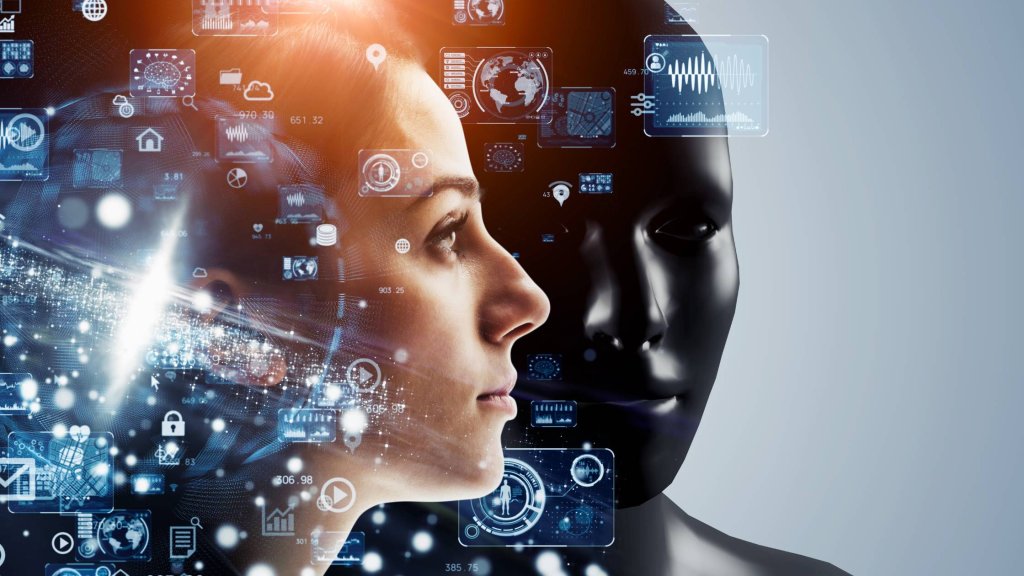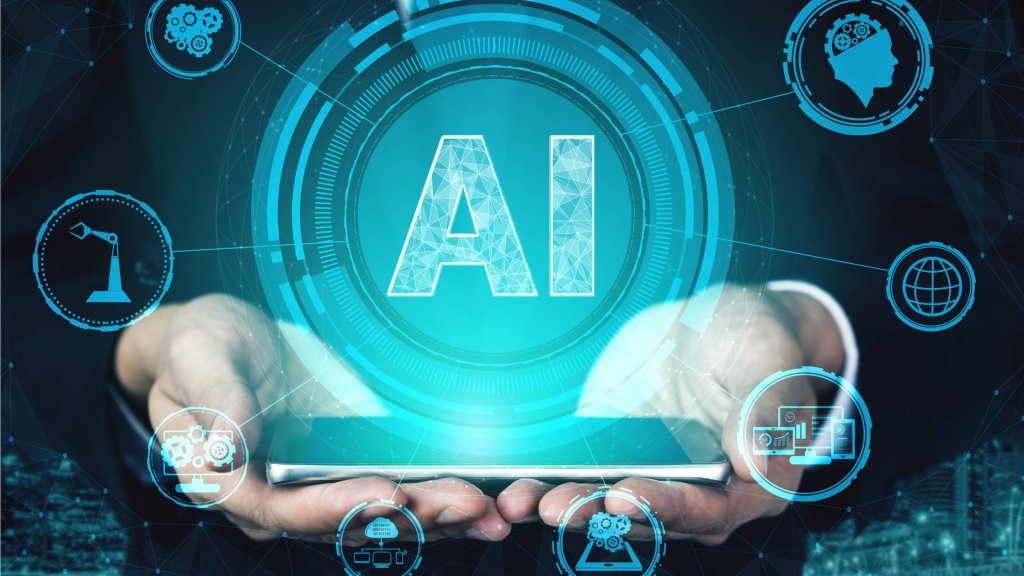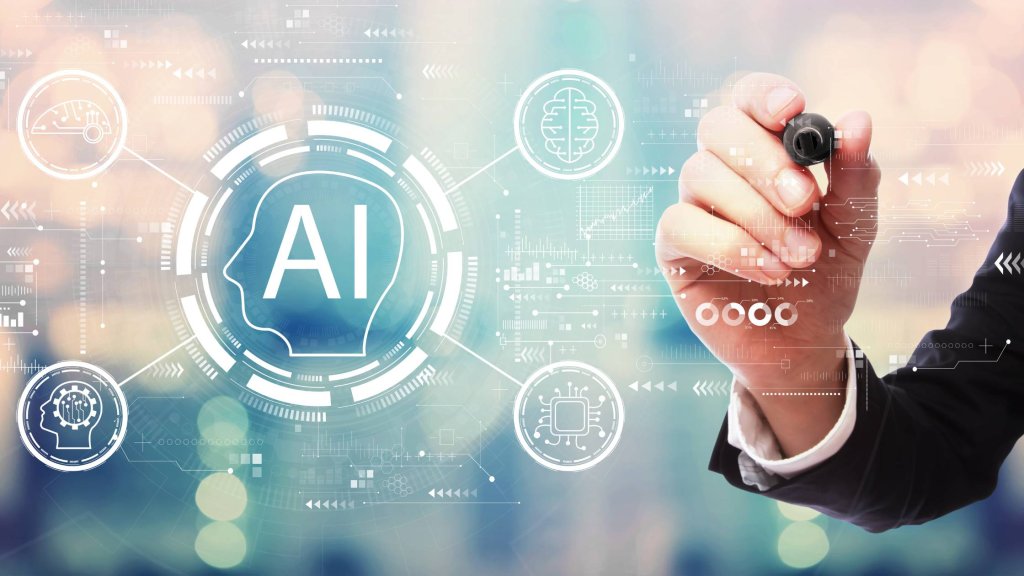VIEW BY TOPIC
- Finding Customers
- Business Systems
- Managing Employees
- Leadership
- Managing Money
Related Posts

Ready to Grow Your Business Fast?
Here’s How I Grew Five Businesses, and Eventually Sold One to a Fortune 500 Company.

The Future of Marketing: AI Website Personalization
In the rapidly evolving landscape of digital marketing, staying ahead of the curve is crucial for businesses seeking to engage and convert their online audience effectively. One of the most promising and transformative trends in marketing is AI website personalization. With the advent of advanced artificial intelligence technologies, businesses now have the capability to tailor their online content and user experiences like never before, leading to higher engagement, better conversions, and improved customer satisfaction.
The Power of Personalization
The power of personalization extends beyond just creating a tailored experience for website visitors. It’s a potent tool that can be harnessed at various touchpoints throughout the user onboarding process. By understanding a user’s preferences, behaviors, and needs, businesses can streamline their onboarding procedures, presenting users with precisely the information, features, and guidance they require to get started. This not only enhances the user experience but also accelerates the user onboarding process, leading to higher user satisfaction and retention rates.
Understanding Website Personalization

Understanding website personalization is crucial in the modern digital marketing landscape. It goes beyond surface-level customization and involves tailoring a user’s online experience to their unique preferences, behavior, and needs. Here’s a breakdown of key aspects:
User Data: Website personalization relies on collecting and analyzing user data. This data includes demographic information, browsing history, purchase history, and real-time behavior on the site. Advanced analytics tools and AI algorithms process this data to gain insights into individual user preferences.
Content Customization: Personalization involves dynamically altering website content to match individual user interests. This can include recommending products or content based on past interactions or suggesting related items during a purchase.
User Journey Optimization: Personalization extends throughout the entire user journey. It’s not limited to the homepage; it can be applied to landing pages, product pages, and even post-purchase interactions. The goal is to guide users seamlessly through their journey and enhance their overall experience.
A/B Testing: A/B testing is often used in personalization efforts. Marketers create multiple versions of a webpage or email, each with slight variations. AI algorithms help determine which version performs best for each user segment, enabling continuous optimization.
AI and Website Personalization:
Artificial Intelligence (AI) plays a pivotal role in modern website personalization, revolutionizing how businesses engage with their online audience. Here’s an exploration of how AI drives website personalization:
Real-Time Personalization: AI enables real-time personalization by continuously monitoring user behavior as they navigate a website. This allows the system to make instant adjustments to content, recommendations, and even layout to cater to the user’s current needs and interests.
Segmentation: AI can segment the audience into distinct groups based on shared characteristics or behaviors. This segmentation allows for the creation of personalized content and experiences tailored to each group’s unique preferences.
Content Recommendations: AI-driven recommendation engines use collaborative filtering and predictive analytics to suggest products, articles, or content that a user is likely to find interesting. This keeps users engaged and increases the chances of conversions.
Dynamic Content: With AI, websites can feature dynamic content blocks that change based on the user’s behavior. For instance, an e-commerce site might showcase different product categories or promotions depending on what the AI algorithm predicts the user is looking for.
The AI Website Builder Revolution
The AI website builder revolution is reshaping the way businesses create and manage their online presence. With the advent of artificial intelligence, website building has become more efficient and accessible than ever before. These innovative tools harness the power of AI algorithms to suggest design elements, content placement, and user experiences that resonate with individual users. This not only streamlines the website creation process but also enables dynamic content adjustments based on user behavior, ensuring that each visitor enjoys a personalized journey on the website. Ultimately, AI website builder is driving a new era of web development, making it easier for businesses to adapt to evolving user expectations and preferences.
AI Website Builder: One of the most exciting developments in AI-powered website personalization is the emergence of AI website builders. These tools empower businesses to create and optimize their websites with minimal manual effort. AI website builders use algorithms to suggest designs, layouts, and content placements that are most likely to resonate with your target audience.
Efficiency and Speed: Traditional website design and development can be time-consuming and costly. AI website builders streamline this process by automating many of the technical tasks, allowing businesses to launch and iterate their websites faster and more efficiently.
Dynamic Content: Dynamic content, powered by AI website builders, is a game-changer in website personalization. It adjusts content based on user behavior. For example, if a visitor frequently reads tech articles, the website automatically prioritizes tech content in their future visits. This enhances the user experience, making it more relevant and increasing the chances of conversion. This dynamic content approach extends to product recommendations, services, and even the website’s design, catering to each visitor’s preferences in real time. It’s the power of AI-driven personalization at work, delivering meaningful user interactions.
Challenges and Considerations

In the realm of AI-powered website personalization, several challenges and considerations come to the forefront. One of the most significant concerns is data privacy. As AI algorithms rely on user data to personalize content and experiences, it’s crucial for businesses to be transparent about data collection and usage. Striking the right balance between personalized experiences and data privacy regulations is paramount.
Another challenge is finding the equilibrium between automation and the human touch. While AI can provide highly personalized interactions, excessive reliance on automation can make interactions feel impersonal. Maintaining a human element in customer interactions, especially during critical touchpoints in the user journey, remains essential.
Additionally, businesses need to ensure that AI-driven personalization efforts align with their overarching brand identity and messaging. Consistency and coherence across all personalized interactions are key to creating a seamless and enjoyable user experience.
Lastly, as AI technology evolves rapidly, businesses should stay informed about the latest advancements and trends in AI-powered website personalization to remain competitive and provide the best possible experience for their users.
Conclusion on Personalizing an AI Website
In conclusion, the future of marketing is undeniably intertwined with the power of AI-driven website personalization. This transformative trend is shaping the way businesses engage and convert their online audience, offering a multitude of benefits such as increased user engagement, higher conversion rates, and improved customer satisfaction. With AI-powered website builders leading the way, companies can create and optimize their digital presence more efficiently than ever before, leveraging dynamic content adjustments based on user behavior.
Nevertheless, as this revolution unfolds, businesses must remain vigilant about data privacy concerns, ensuring they adhere to regulations and maintain transparency in data collection and usage. Striking the right balance between automation and the human touch is critical to ensure personalized interactions feel genuine and authentic.
Ultimately, embracing AI-powered website personalization is not just a trend but a strategic imperative for businesses looking to thrive in the digital age. By navigating the challenges and staying attuned to emerging AI advancements, companies can harness the full potential of personalization, delivering exceptional user experiences that set them apart in an increasingly competitive digital landscape.














